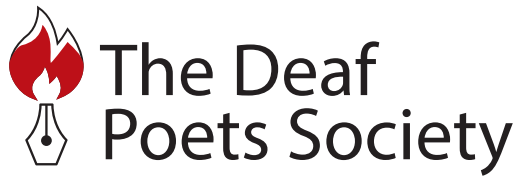T.K. Dalton
Editor's Note
Perhaps my favorite part of editing this magazine is coming across a piece I never thought I’d read. While reading submissions for this upcoming issue, I had the pleasure of that experience happening twice. The first piece to come over the transom landed in my inbox soon after selections had finished for our first issue. It was long, on its own nearly equal in length to the five prose pieces in our first issue put together, and it began this way: “There are a couple of jokes I tell about Irritable Bowel Syndrome.”
The narrator of Whittier Strong’s “Alphabet Soup”--casually confessional, equal parts self-assured and self-conscious--ricochets through the essay, dropping the reader at the end in that place that any essay worth the attempting to write or read should: in an emotional space that wasn’t quite in the world in that way until the essay appeared. An essay that does that is life giving. At one point, a character in “Alphabet Soup” tells the frenzied, traumatized narrator, “But you survived.” This reader, at least, was right there with him, nodding along, saying, Yes, yes I did.
The other piece I never thought I’d read, the other piece I am so pleased to introduce to our readers in this issue, is Maia Dolphin-Krute’s “Science Journalism.” The piece begins describing the narrator’s nonfiction project, focused on the opiate epidemic, written from the position of a middle-aged science journalist. “This I describe as a series of events, a set of statistics, and a set of attitudes about drug addiction and pain currently being perpetuated in mainstream media. The thing,” she writes, “is that I’m not a middle aged science journalist.”
The fission of these narrators fuels the piece, as it dips and weaves between hard science and meta(non)fiction, policy critique and existential reflection. “As a middle aged science journalist, I read The New York Times. As a sick 23-year-old woman who writes critical theory, I read the comments on The New York Times articles about the opiate epidemic.” In this piece, mesolimbic dopamine circuitry is cutting biology lab and sneaking out to bum a smoke from the punk kids in the parking lot; emotion sits expressionless as it’s examined with a clinician’s chill. Dolphin-Krute writes: “This anger is a problem for a middle aged science journalist because of how anger makes explanations, like of science, seem shaky and unreliable, how by ‘middle aged’ I mean calm and experienced. Because there is no place for anger in medicine or in journalism…”
In each of these pieces, bold with form and brave in content, there is a place for anger, for sadness, for despair. To borrow the phrase from “Science Journalism”, that’s the something heavy lying over these pieces. But the other half of the phrase captures perfectly what first drew me to these pieces: amidst the playfulness of form and the acuity of language, there is resilience and self-knowledge--that’s the something weightless beneath the heaviness. What’s weightless is what fuels the reinvention at the heart of these pieces, what guides each fearless voice onward.
